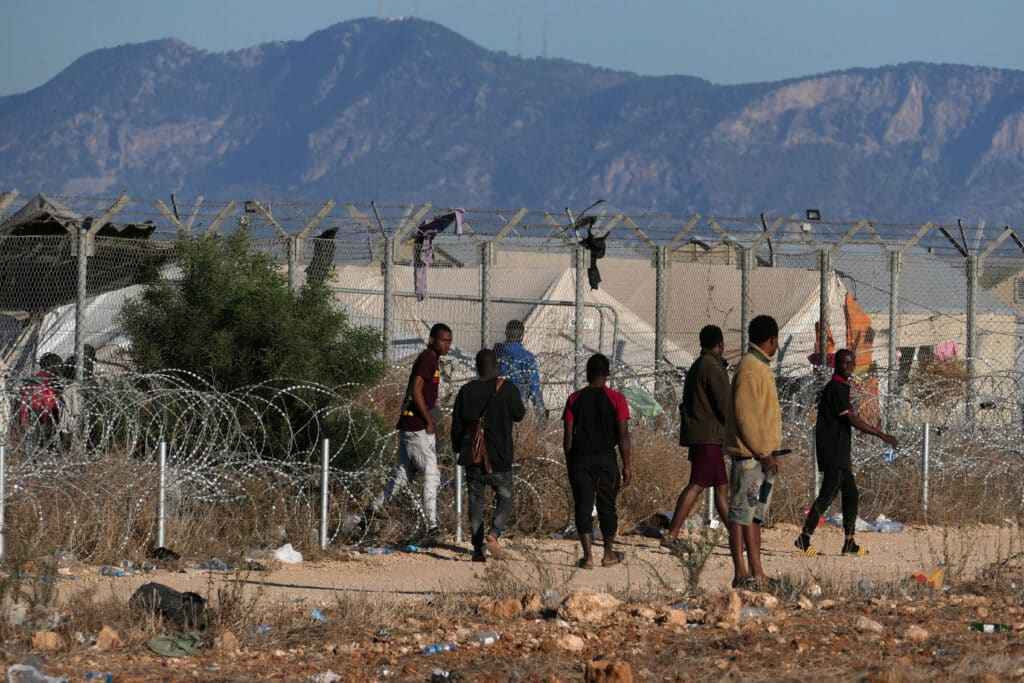The US State Department’s annual human rights report on Cyprus emphasised the challenges faced by asylum seekers while it also singled out overcrowding at the prisons.
The lengthy and detailed report covered a range of key human rights categories, raising issues sometimes overlooked – such as NGOs reporting that police officers at the crossing points occasionally harass Greek Cypriots returning from the area under Turkish Cypriot administration.
It even referenced the civil lawsuit of activist Niki Zarou, which asserts that the attorney general and Former Justice Minister Emily Yiolitis violated her constitutional rights in a search of her home in 2020 – over a parody Twitter account.
Elsewhere, it noted that there were no restrictions on those speaking out about LGBTQI+ matters, while it also commented on workers’ rights.
But the treatment of asylum seekers and irregular migrants received particular attention in the report on Cyprus (a separate document was issued for the north).
Indeed, the report cited the UNHCR and other humanitarian organisations as reporting difficulty in cooperating with the government to provide protection and assistance to refugees and asylum seekers.
“NGOs reported asylum seekers often had to wait for a month or longer outside [the] Pournara reception centre to file their asylum application,” the report reads.
It again cited the UNCHR, this time its description of the Pournara migrant reception centre as a “de facto detention centre” for asylum seekers.
It reiterated that the centre is designed to accommodate up to 1,000 people although NGOs stated that there were 3,000 asylum seekers there in December.
“Commissioner for the Rights of Children Despo Michaelidou described the conditions at Pournara as appalling and unhygienic, with up to 15 unaccompanied minors accommodated in each room,” the report added.
The prisons also came in for scrutiny as it noted that overcrowding remains a problem. It emphasised that the capacity is for 543 but that it reached a peak population of 998 during the year.
The report also drew attention to the October investigation opened by police into the premeditated murder of Turkish Cypriot inmate Tansu Cidan. It added that 11 prisoners were arrested in connection with the murder and six prison guards were suspended from duty pending the outcome of the investigation.
In the category of property seizure and restitution, the report detailed the case of a Turkish Cypriot who filed a court case seeking to reclaim property located in the government-controlled area.
“On February 1, Nicosia district court dismissed for lack of evidence a civil action filed by a British citizen of Turkish Cypriot origin against the property guardian for discriminating against him in rejecting his request for return of property inherited from his father,” the report said.
As for the courts, it cited the Cyprus Bar Association as reporting that chronic court delays, particularly in civil trials, impaired the right to a fair trial. Trial delays were common and partially caused by lengthy legal procedures, which created a larger workload for the courts.
It also stated that “the government took some steps to investigate, prosecute, and punish officials accused of human rights abuses and acts of corruption, although there were limited cases of impunity”.
In its respect for civil liberties section, it stated that “independent media were active and expressed a wide variety of views without restriction”.







Click here to change your cookie preferences